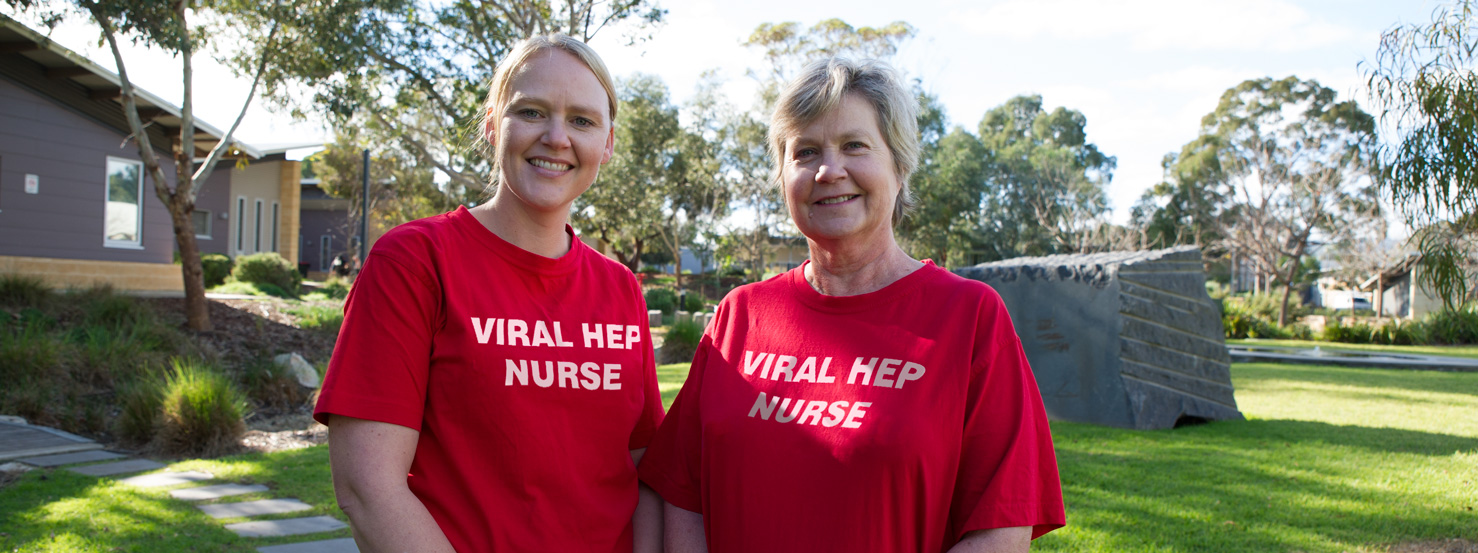South Australia’s Viral Hepatitis Nurses are clinical practice consultants who work with patients in the community, general practice or hospital setting. They provide a link between public hospital specialist services and general practice, and give specialised support to general practitioners (GPs) to assist in the management of patients with hepatitis B or hepatitis C.
Author: James Morrison
Why are a small group of people born immune to hepatitis C?
Virologist Connor Bamford and Professor John McLauchlan, both of the University of Glasgow, explain to the Hepatitis SA Community News how their research shows that not all people are equally vulnerable to hepatitis C.
The hepatitis C virus (HCV) infects around 1per cent of the human population and is a devastating pathogen. In most people, it silently infects the liver for decades, and can cause life-threatening inflammation, scarring and even cancer. How the virus achieves this feat has long puzzled scientists.
Continue reading “Why are a small group of people born immune to hepatitis C?”
New guidelines mean more freedom for healthcare workers living with BBVs
New national guidelines endorsed by the Australian Health Ministers’ Advisory Council have been released in January 2019 for healthcare workers who perform exposure-prone procedures, and for healthcare workers living with a blood-borne virus (BBV).
These are the Australian National Guidelines for the Management of Healthcare Workers Living with Blood Borne Viruses and Healthcare Workers who Perform Exposure Prone Procedures at Risk of Exposure to Blood Borne Viruses.
Continue reading “New guidelines mean more freedom for healthcare workers living with BBVs”
Treating Hepatitis C Under Nearly Impossible Conditions
Even in a country like Australia, with a high standard of living and a socialised health system, the battle to eliminate hepatitis can be challenging. So what is it like in a country like India, where poverty, population pressures and lack of health funding and education make every medical challenge so much harder?
Dr Sunil Solomon is Associate Professor of Medicine at the prestigious Johns Hopkins University School of Medicine. He spoke at the Australasian Viral Hepatitis Conference in Adelaide about his work on eliminating HCV among people in India who inject drugs.
Continue reading “Treating Hepatitis C Under Nearly Impossible Conditions”
The Challenges of Aboriginal Prisoner Care in South Australia
While only 2.3% of South Australia’s population is Indigenous, almost a quarter (22%) of people in the State’s prison system are Aboriginal. The prison population is also rife with blood-borne viruses, including hepatitis B and C—viruses which also disproportionately affect Indigenous people in the general population.
Untreated chronic health conditions (as well as hepatitis these commonly include mental illness, diabetes, heart and respiratory diseases, cancer and drug use), compounded by a prisoner’s isolation from their family and community, and a fracturing in their cultural identity and spiritual wellbeing, can be catastrophic for an Aboriginal person in the prison system.
Continue reading “The Challenges of Aboriginal Prisoner Care in South Australia”
Tackling Hepatitis and Other Blood-borne Viruses in Prisons
The prevalence of hepatitis C and hepatitis B in Australian prisons is higher than in in the wider community, but prison settings also present and opportunity for testing, monitoring and treatment, especially for hepatitis C since the introduction of new, highly effective drugs that has shortened treatment time dramatically.
Up to 40 per cent of prisoners have hepatitis C, compared to only one per cent in the wider community, and three to four per cent of prisoners have hepatitis B, compared to just under one per cent in the wider South Australian community.
Continue reading “Tackling Hepatitis and Other Blood-borne Viruses in Prisons”





